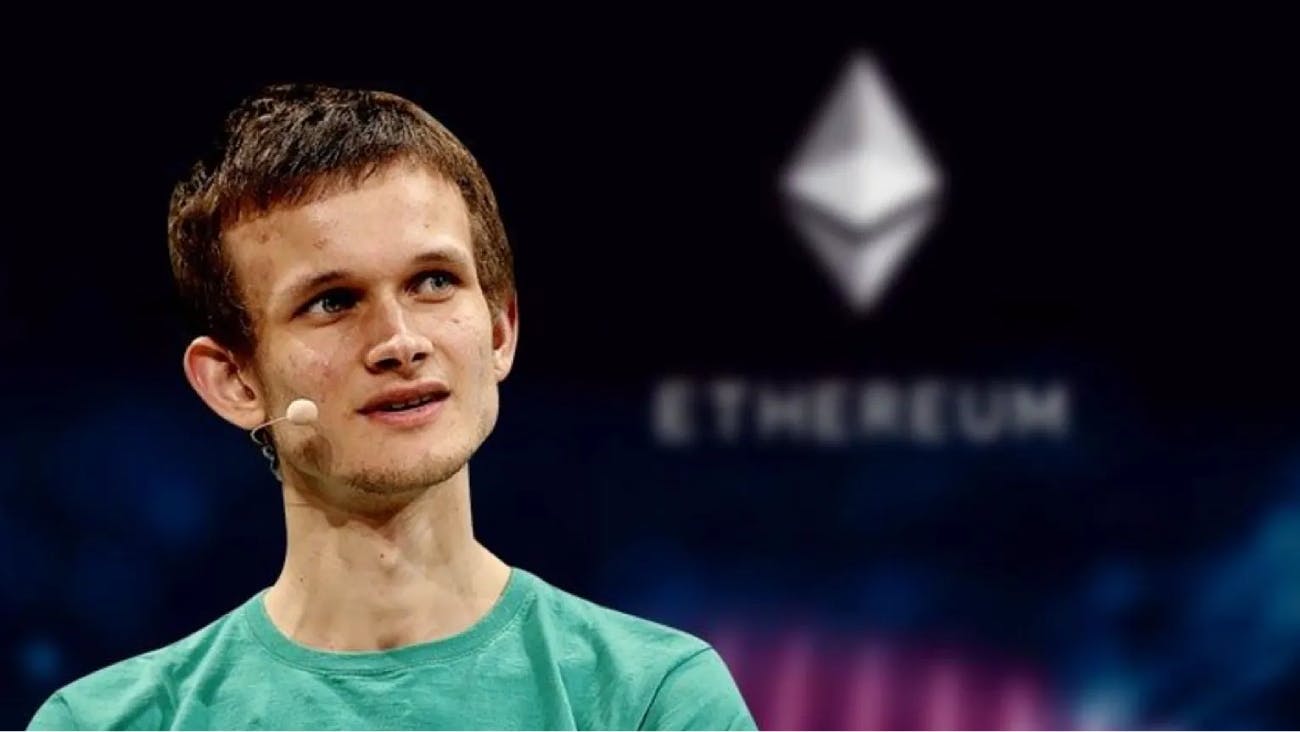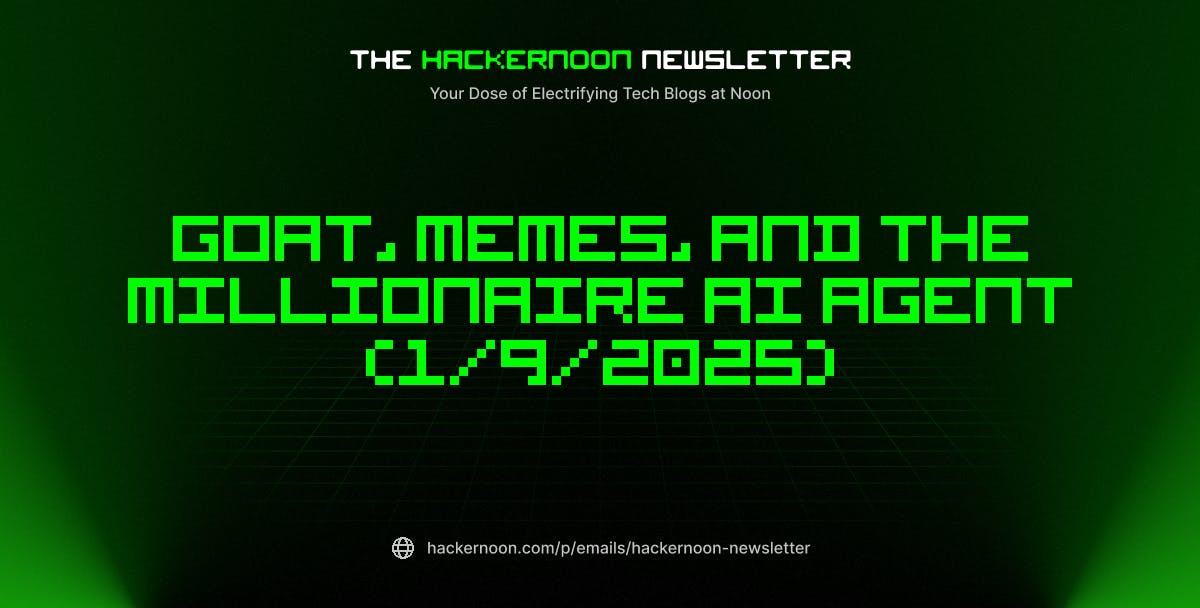Ethereum co-founder Vitalik Buterin has found himself in the spotlight again, this time, over his charitable engagement with meme coin projects. Buterin recently acknowledged two meme coins, EBULL and MOODENG, for their charitable contributions, stating that any digital tokens sent to him would be donated to charity. This statement has sparked conversations within the crypto community, particularly regarding the potential risks for investors.
Vitalik’s Acknowledgment of Meme Coins
In a tweet shared this week, Vitalik Buterin expressed appreciation for meme coin projects that are donating portions of their supply directly to charity. He specifically mentioned the EBULL and MOODENG tokens, acknowledging their efforts in supporting charitable causes, and noted that digital tokens sent to him would be donated. The 10 billion MOODENG tokens, for example, were directed towards anti-airborne disease technology.
While Buterin’s gesture appeared genuine, it did not go unnoticed by the crypto community, where questions arose regarding the impact of such public endorsements. The acknowledgment of meme coin projects that may not have undergone thorough scrutiny has raised concerns among investors and market analysts.
One notable figure in the crypto space, known as Crypto Rug Muncher, who has built a reputation for exposing potential cryptocurrency scams, voiced concerns about Buterin’s actions. Crypto Rug Muncher specifically raised alarms since September this year, about the EBULL token, claiming it could be a potential scam, and is warning now that public endorsements from influential figures could inadvertently legitimize projects that may not have transparent operations and could even be fraudulent.
According to Crypto Rug Muncher, the acknowledgment of EBULL meme coins contributed to a price surge in this digital token, attracting new crypto investors. However, he warned that such recognition could allow insiders to capitalize on the elevated prices by selling off their holdings, potentially leaving unsuspecting buyers with losses.
Crypto Rug Muncher emphasized that charitable donations are commendable and should not come at the cost of investor safety. He argued that projects might misuse the charity angle to gain credibility and attract more investors, all while masking potentially deceptive practices. His specific concerns about the EBULL token highlight the risks of boosting projects without thorough due diligence.
The situation has also prompted broader discussions on the ethical responsibility of public figures and crypto platforms when promoting crypto projects, even indirectly. The crypto industry is no stranger to scams, and cryptocurrency investors often rely on the endorsements of trusted figures. This makes it critical for those with influence to exercise caution and conduct due diligence before publicly acknowledging any projects.
Many in the community believe that even charitable gestures can have unintended consequences, especially if the promoted projects turn out to be fraudulent. The key question that arises is: Should influential figures be more cautious when accepting tokens for charity from projects that may not have undergone proper vetting?
Conclusion
Vitalik Buterin’s recent actions have brought to light the delicate balance between supporting charitable causes and maintaining investor trust. While Buterin’s intentions may have been noble, the reaction from the community underscores the importance of thorough due diligence, even when engaging in charity. As the crypto market continues to evolve, transparency and caution are essential to prevent any unintended harm to investors.











